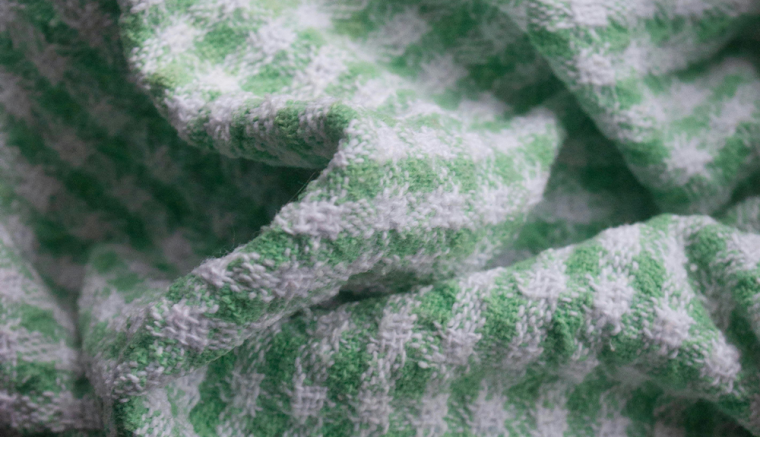In our Craft Capsules series, authors reveal the personal and particular ways they approach the art of writing. This is no. 245.

My debut poetry collection, no swaddle (University of Iowa Press, 2025), explores the question of motherhood by examining origin, image, and identity. I chose to write American sonnets for this collection, a form inspired by the work of Wanda Coleman and more recently Terrance Hayes and Diane Seuss. The poems in no swaddle are sonnets in that they are fourteen lines long and many of them contain some sort of volta toward the end, but beyond that, the poems do not adhere to other sonnet rules in terms of pentameter or rhyme scheme.
The American sonnet appealed to me not only because of its looseness, its messiness, but also because of its simultaneous celebration and rejection of its origin form—a form with a gendered and complicated history, a form that has frequently represented topics of love, objectification, and longing, and a form that can feel distancing to those first being introduced to poetry. Because the topic of my collection involves a certain upheaval of gender expectations, objects of love, and concepts of legacy, I found myself calling out to the traditional sonnet through a form that critiques its very conventions, both a returning and refuting. In trying to parse my own rejection of the expectation that all women “should” become mothers, I wanted a form that included a similar engagement with convention while choosing a different way or structure.
Additionally, many of the poems in no swaddle are love poems. They are love poems to the women in my family, particularly my sister and mother, through whom I am attempting to reflect upon my childhood and family system. They are love poems to a lover, with whom sexuality, partnership, and future plans are considered. They are love poems to a variety of mothers in my life, to friends and strangers I have encountered in grocery stores or meadows or walking around cities, picking up a dropped toy or blanket, cooing and calming and offering. Finally, though societal expectations of what a woman “should be” still gnaw at corners of my mind, they are love poems to myself, to the life I am already living, to a desire to remain untouched by persistent external need.
But those weren’t the only reasons for committing to this form. I appreciate the way a sonnet looks on a page, especially sonnets with shorter lines. They look like little parcels, containers, and there is something about them that reminds me of a baby in a swaddle, a visual nod to the focus of this book. I didn’t title the poems in this collection in an effort to present a sort of rejection of naming. I also hoped to allow for an uninterrupted reading experience, the way these thoughts and questions have drifted in and out of my head.
Ultimately, I’m grateful for the way the American sonnet served as a through-line while working on these poems, holding me in a certain attention to restraint while allowing me space to explore. As you consider the topics and tensions within your own writing, I encourage you to experiment with a variety of traditional forms such as the villanelle, the ghazal, the pantoum, and others. How can working within and against a form impact your message?
Working with a form, loose as it is, was helpful in making me feel less alone in this question of motherhood, knowing that poets before and after me will continue to push back against rules and expectations, carving their own way.
Mackenzie Kozak is the author of no swaddle (University of Iowa Press, 2025), selected by Brenda Shaughnessy for the Iowa Poetry Prize. Her work has appeared in Boston Review, Colorado Review, DIAGRAM, the Missouri Review, Sixth Finch, and elsewhere. Kozak serves as an associate editor at Orison Books and works as a grief therapist in Asheville, North Carolina.
image credit: Ksenia







